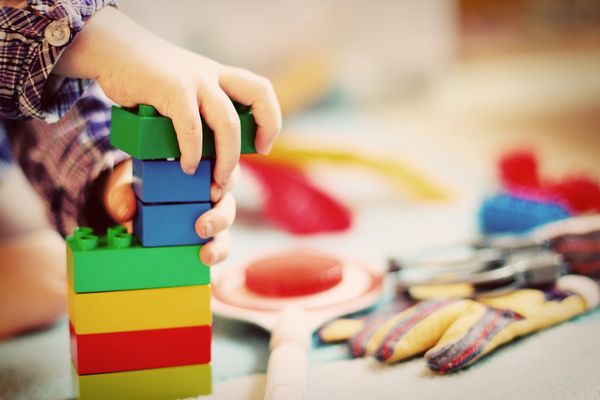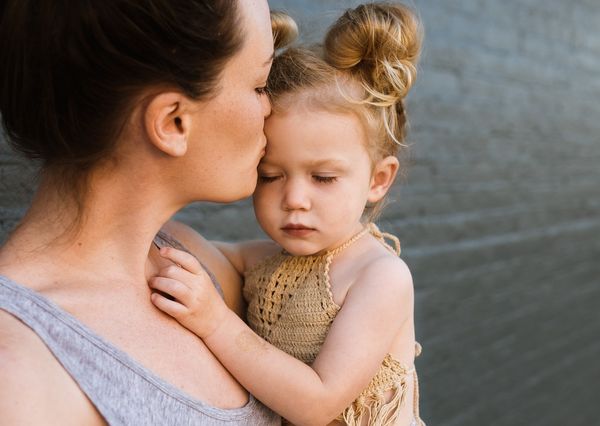Cultivating Confidence and Self-Esteem in Children

Understanding the elements that influence a child's confidence and self-esteem is pivotal in nurturing their emotional growth. These elements can range from genetic factors to the level of stress a child experiences daily. Children with different types of nervous systems are born into various environments, some more stressful than others.
Children who grow up in a nurturing environment filled with safety, trust, and emotional validation tend to have a broader range of emotional experiences. However, children who constantly feel the need to assert their place may experience anxiety, fear, and tension.
In this guide, we will debunk common misconceptions about confidence and self-esteem, and offer insights on how to foster a positive self-perception in your child.
Confidence vs. Self-Esteem: Understanding the Difference
Contrary to popular belief, a confident person is not someone who is always confident, never doubts themselves, or never experiences fear. Instead, a confident person can recover and return to their confident state after periods of doubt and vulnerability.
A truly confident person can regulate their emotions and decisions, choosing whether to move forward or pause for self-renewal. They can assertively say "yes" or "no" in different situations.
Self-esteem, on the other hand, often gets confused with self-worth. When a child is born, they can feel how the world receives them, especially by those close to them. This feeling forms the basis of their self-worth.
As the child matures, their brain develops, and they start to analyze actions, compare themselves with others, and receive feedback from those around them. This self-evaluation forms their self-esteem.
The Role of Feedback in Self-Perception
Feedback plays a significant role in shaping a child's self-perception. For a positive self-image, provide positive feedback and support during failures. Allow your child to experience moments of despair and success in a safe and connected environment.
As children grow, they may encounter frustration due to things not going as planned. They evaluate themselves, their actions, and often compare them with others. This self-assessment forms their self-esteem.
Constructive and realistic feedback is crucial for a healthy self-perception. Support your child during failures, allowing them to acknowledge and openly experience moments of despair and success in a secure connection.
Conclusion
Helping children develop an authentic sense of themselves and a positive view of their worth forms a robust foundation for confidence. Remember, as a parent, your role is to provide a nurturing environment that fosters their emotional growth.
GHBDDCHB104022640



